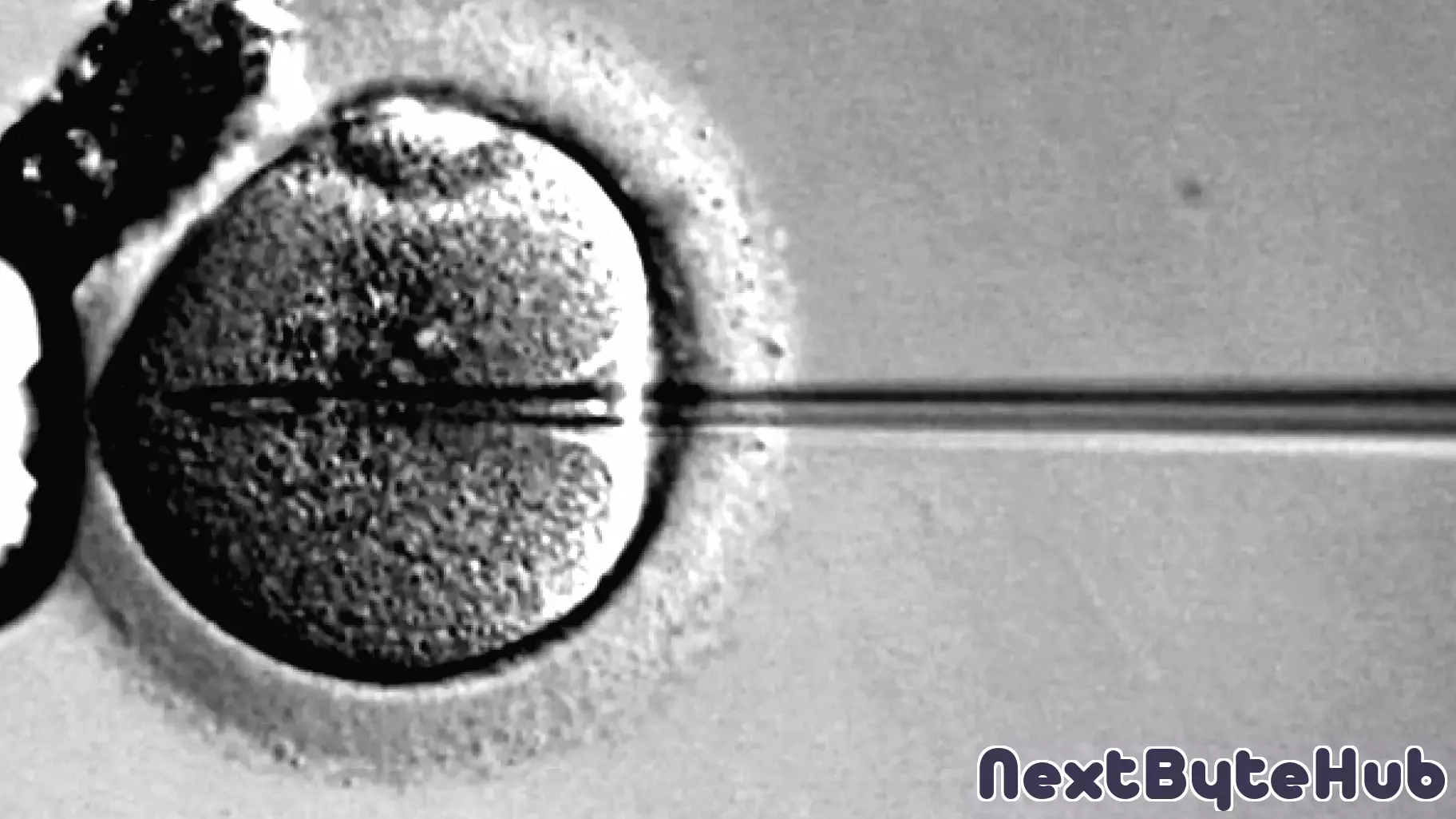StitchR technology delivers large genes for muscular dystrophy treatment
November 15, 2024 - 10:54

Muscular dystrophies are characterized by progressive muscle weakness and degeneration, often due to mutations in large genes that are critical for muscle function. Traditional gene therapy methods struggle with the delivery of these larger genes, limiting the effectiveness of potential treatments.
Advancements in technology have led to innovative solutions aimed at overcoming this hurdle. By utilizing specialized delivery systems, researchers are now able to package and transport larger genes more effectively. This advancement opens the door for more comprehensive gene therapies that can directly target the underlying causes of muscular dystrophies.
The ability to deliver larger genes not only enhances the potential for successful treatments but also raises hope for improved quality of life for patients affected by these conditions. As research continues to evolve, the focus remains on refining these technologies to ensure safe and efficient delivery of gene therapies, ultimately aiming to provide viable options for those suffering from muscular dystrophies and similar genetic disorders. The future of gene therapy looks promising, with the potential to transform treatment paradigms for these challenging diseases.
MORE NEWS

February 3, 2026 - 03:14
Wake Schools considering new internet filtering, monitoring technologyIn response to growing concerns from students, staff, and families, the Wake County Public School System is actively considering the adoption of new internet filtering and monitoring technology....

February 2, 2026 - 18:16
From Veteran to Higher Education Leadership: Insights into the Technology FieldDr. Mark McKinney, a veteran and Dean of the College of Computer Information and Technology (CCIT), is applying the discipline and strategic perspective forged in military service to the evolving...

February 2, 2026 - 02:32
North America’s top computer vision scientist Liang Jie returns to ChinaDr. Liang Jie, widely recognized as one of North America`s foremost computer vision scientists, has concluded his tenure abroad to join a leading Chinese university. The move marks a significant...

February 1, 2026 - 20:14
How to Apply the 'Tyrant Test' to TechnologyA provocative new concept is emerging in legal and technology circles, urging the public to scrutinize the gadgets and platforms they use daily through a stark lens: could this technology be easily...